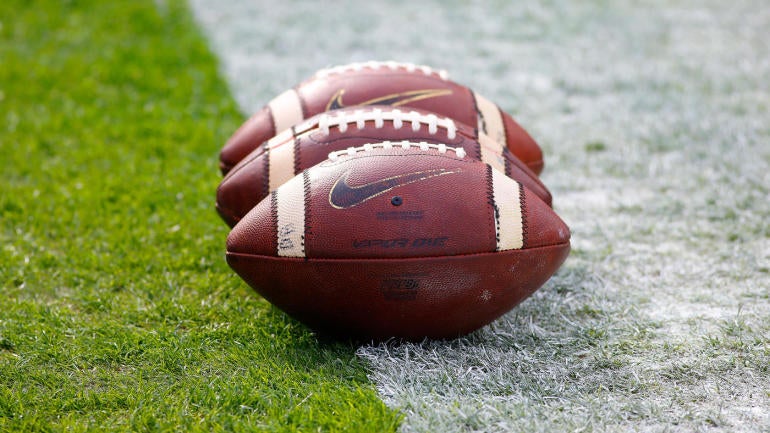
College athletes at private institutions should be considered employees under the National Labor Relations Act, opening the door for athletes to unionize with protections from the National Labor Relations Board, the organization's general counsel said Wednesday in a memo.
The position taken by top NLRB attorney Jennifer Abruzzo could dramatically change the relationship between college athletes at private institutions and their universities as athletes will be subject to labor protections even if they do not form a collective bargaining unit.
"In short, GC 17-01 concludes, and this memo reiterates, that the scholarship football players at issue in Northwestern University clearly satisfy the broad Section 2(3) definition of employee and the common-law test. Therefore, those football players, and other similarly situated Players at Academic Institutions, should be protected by Section 7 when they act concertedly to speak out about their terms and conditions of employment, or to self-organize, regardless of whether the Board ultimately certifies a bargaining unit."
The NLRB guidance replaces a decision handed down in 2015 when a group of Northwestern football players attempted to unionize. At that time, the board decided not to rule on whether players at large were allowed to organize, choosing not to offer guidance on whether athletes should be classified as "employees".
"As explained in GC 17-01, although the Board in Northwestern University declined to exercise jurisdiction over scholarship football players at that university, nothing in that decision precludes the finding that scholarship football players at private colleges and universities, or other similarly situated Players at Academic Institutions, are employees under the Act. [...] The definition of "employee" in Section 2(3) of the NLRA is broadly defined to include "any employee," subject to only a few, enumerated exceptions. Those exceptions do not include university employees, football players."
Not only will such athletes be considered employees, Abruzzo says the NLRB will consider pursuing "misclassification violations" when universities attempt to cast them in another light, such as by using the term "student-athlete" to not provide proper protections.
That did not stop the NCAA from holding steadfast on its stance that college athletes are students, not employees.
"With college sports embedded within the higher education experience, we firmly believe that college athletes are students who compete against other students, not employees who compete against other employees. NCAA member schools and conferences continue to make great strides in modernizing rules to benefit college athletes," a statement from the NCAA released Wednesday afternoon said. "Like other students on a college or university campus who receive scholarships, those who participate in college sports are students. Both academics and athletics are part of a total educational experience that is unique to the United States and vital to the holistic development of all who participate."
The relationship between college athletes and finances has shifted dramatically in the past year. Notably, players earned the rights to capitalize on their name, image and likeness rights monetarily thanks to a wave of state-level legislation over the past several months. A U.S. Supreme Court ruling also increased the scope of how athletes could be compensated by colleges for educational purposes.
















